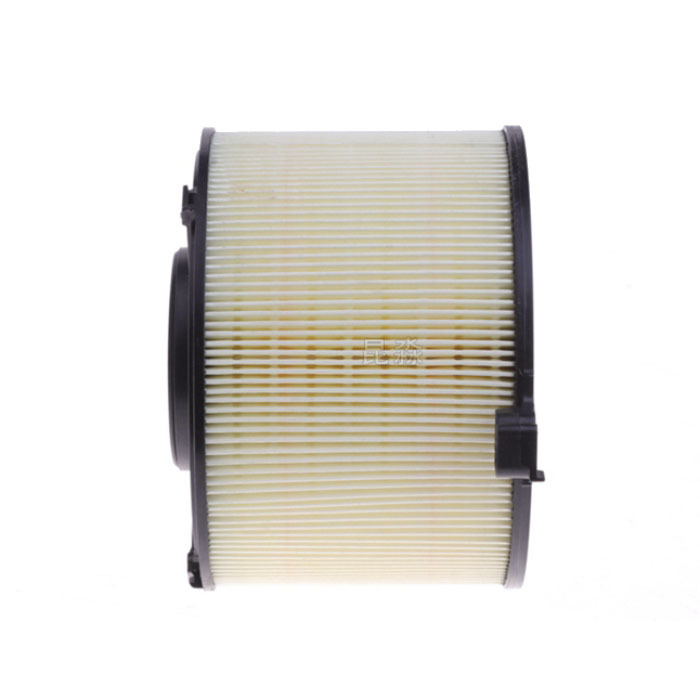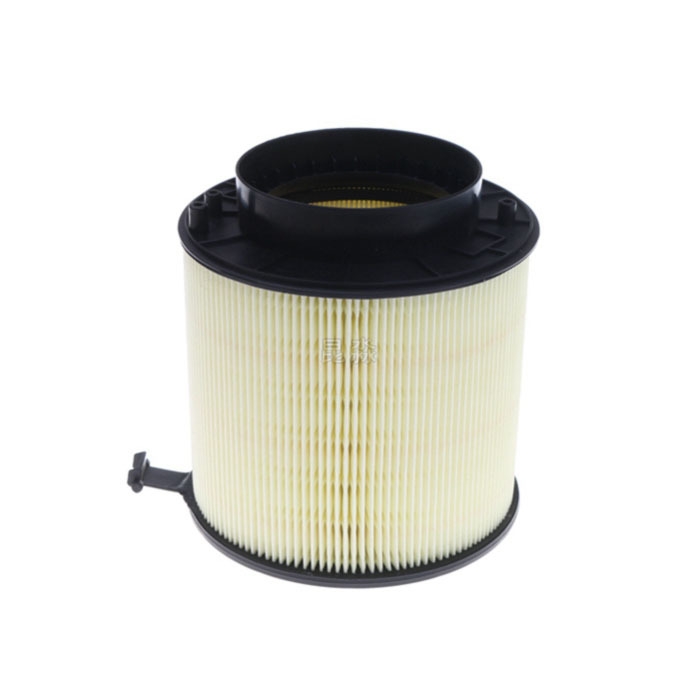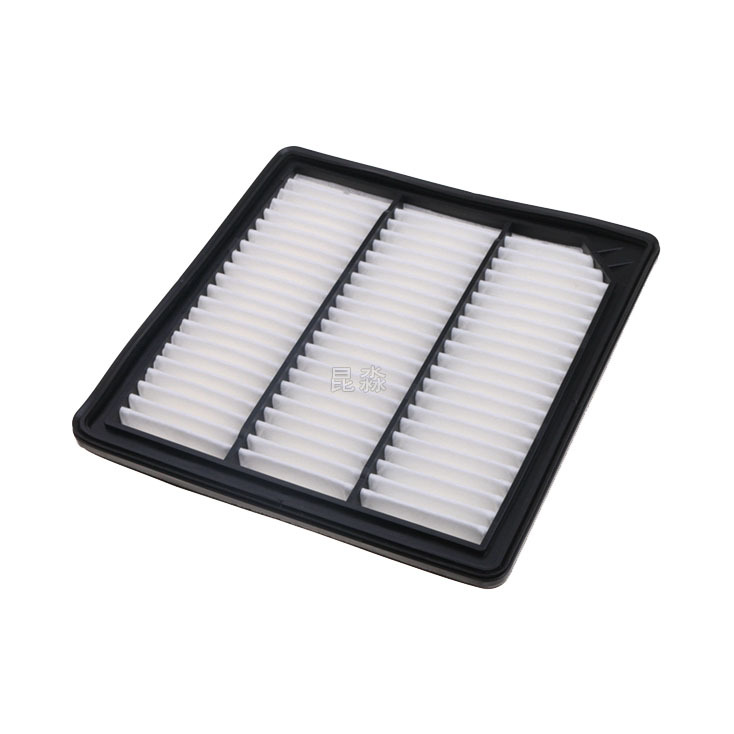Improving Efficiency: How Performance Air Filters Contribute to Industrial Equipment
Release Time:
Jan 23,2025
Improving Efficiency: How Performance Air Filters Contribute to Industrial Equipment Table of Contents 1. Introduction to Performance Air Filters in Industrial Settings 2. Understanding Air Filters: Types and Functions 3. Benefits of Performance Air Filters in Industrial Equipment 3.1 Enhanced System Efficiency 3.2 Prolonged Equipment Lifespan

Improving Efficiency: How Performance Air Filters Contribute to Industrial Equipment
Table of Contents
- 1. Introduction to Performance Air Filters in Industrial Settings
- 2. Understanding Air Filters: Types and Functions
- 3. Benefits of Performance Air Filters in Industrial Equipment
- 4. Application Areas of Performance Air Filters
- 5. Maintenance Best Practices for Air Filters
- 6. Choosing the Right Performance Air Filter
- 7. Future Trends in Air Filtration Technology
- 8. Conclusion
- 9. FAQs about Performance Air Filters
1. Introduction to Performance Air Filters in Industrial Settings
In the realm of industrial operations, **efficiency** is paramount. One often-overlooked component that plays a crucial role in maintaining optimal performance is the **air filter**. Performance air filters are essential for ensuring that industrial equipment runs smoothly and efficiently. They trap contaminants, allowing machinery to operate without interruption. In this article, we will delve into how these filters contribute to the efficiency of industrial equipment and their significance in various applications.
2. Understanding Air Filters: Types and Functions
Air filters come in different types and designs, each serving a specific purpose. Understanding these types can help in choosing the right filter for your industrial needs.
2.1 Types of Air Filters
- **HEPA Filters**: High Efficiency Particulate Air filters capture 99.97% of particles that are 0.3 microns or larger. They are ideal for environments that require high air quality.
- **Panel Filters**: These are common in HVAC systems and are used for general filtration purposes.
- **Bag Filters**: Designed for larger volumes of air, bag filters are effective for industrial applications where heavy dust and contaminants are present.
- **Carbon Filters**: These filters are particularly useful for removing odors and volatile organic compounds (VOCs) from the air.
2.2 Functions of Air Filters
The primary functions of air filters in an industrial setting include:
- **Contaminant Removal**: Filters trap dust, dirt, and other particles, preventing them from entering machinery.
- **Air Quality Improvement**: By removing harmful particles, filters enhance the overall air quality within the industrial environment.
- **Energy Efficiency**: Clean filters promote better airflow, reducing energy consumption and operational costs.
3. Benefits of Performance Air Filters in Industrial Equipment
Investing in performance air filters can yield significant advantages for industrial operations.
3.1 Enhanced System Efficiency
Performance air filters dramatically improve the efficiency of industrial equipment. By ensuring a steady supply of clean air, these filters prevent clogging and overheating, allowing machinery to operate at peak efficiency. This leads to increased productivity and more streamlined operations.
3.2 Prolonged Equipment Lifespan
Contaminants can cause significant wear and tear on industrial equipment. Performance air filters help mitigate this issue by removing harmful particles before they can damage machinery components. This proactive approach not only extends the lifespan of equipment but also reduces the frequency of repairs and replacements.
3.3 Cost Savings
Using performance air filters can lead to substantial cost savings. By enhancing efficiency and extending equipment lifespan, businesses can reduce maintenance and operational costs. In addition, improved air quality can lead to healthier work environments, resulting in fewer employee absences and increased productivity.
4. Application Areas of Performance Air Filters
Performance air filters are utilized across various industries due to their versatility and effectiveness.
4.1 Manufacturing Industry
In the manufacturing sector, air filters protect machinery from contaminants produced during production processes, ensuring uninterrupted operations.
4.2 Food and Beverage Industry
Air quality is critical in the food and beverage industry. Performance air filters help maintain hygienic conditions by removing airborne pollutants.
4.3 Pharmaceutical Industry
In pharmaceutical manufacturing, air filters are essential for maintaining sterile environments, safeguarding product integrity.
4.4 Automotive Industry
The automotive industry uses performance air filters to enhance the efficiency of production lines and ensure high-quality output.
5. Maintenance Best Practices for Air Filters
Proper maintenance of air filters is crucial for ensuring their effectiveness and longevity.
5.1 Regular Inspection
Conducting regular inspections helps identify clogged or damaged filters early, allowing for timely replacement.
5.2 Cleaning and Replacing Filters
Depending on the type of air filter, some may require periodic cleaning, while others need complete replacement. Adhering to manufacturer guidelines is essential for optimal performance.
5.3 Monitoring Air Quality
Utilizing air quality monitoring systems can help track the performance of air filters and determine when maintenance is necessary.
6. Choosing the Right Performance Air Filter
Selecting the appropriate air filter for specific industrial applications is vital for achieving desired results.
6.1 Assessing Air Quality Needs
Understanding the specific air quality requirements of your industrial environment will guide you in choosing the right filter type.
6.2 Evaluating Cost vs. Performance
Consider the initial costs against the long-term savings and performance benefits when selecting a filter. Higher-quality filters may have a higher upfront cost but can save money in the long run.
7. Future Trends in Air Filtration Technology
As technology advances, the air filtration industry is evolving rapidly. Some notable trends include:
7.1 Smart Air Filters
The integration of smart technology in air filters allows for real-time monitoring and data analysis, optimizing filter performance and maintenance schedules.
7.2 Eco-friendly Filters
The push for sustainability has led to the development of eco-friendly air filters made from biodegradable materials, reducing environmental impact.
7.3 Enhanced Filtration Technologies
Advancements in filtration technologies, such as nanofiber materials, are improving the efficiency and effectiveness of air filters, providing better protection for industrial equipment.
8. Conclusion
Performance air filters are a critical component of industrial equipment efficiency. By enhancing air quality, prolonging equipment life, and generating cost savings, these filters play an indispensable role in maintaining operational excellence. Regular maintenance and the selection of the right air filter can further optimize performance, making them a worthy investment for any industrial operation.
9. FAQs about Performance Air Filters
Q1: What are performance air filters?
A: Performance air filters are specialized filters designed to remove contaminants from the air, enhancing the efficiency and longevity of industrial equipment.
Q2: How often should air filters be replaced?
A: The replacement frequency depends on the type of filter and the specific industrial environment. Regular inspections are recommended to determine the appropriate timing.
Q3: Are HEPA filters necessary for all industrial applications?
A: No, HEPA filters are not required for all applications. The choice depends on the specific air quality needs of the facility.
Q4: Can clean air filters reduce energy costs?
A: Yes, clean air filters promote better airflow, leading to reduced energy consumption and lower operational costs.
Q5: What are the signs of a clogged air filter?
A: Signs include decreased airflow, unusual equipment noises, and increased energy bills. Regular inspections can help identify these issues early on.
Keywords:
More information






